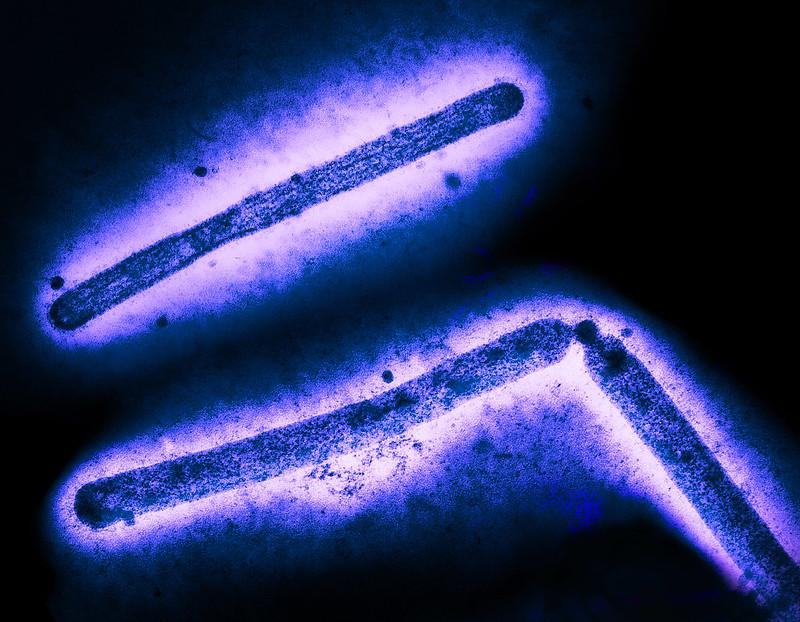

This week, a study was published in Emerging Microbes & Infections, revealing that researchers from the Canada Food Inspection Agency (CFIA) have identified a mutated strain of H5N1 avian influenza that demonstrates resistance to the antiviral medication oseltamivir (commonly known as Tamiflu). This discovery was made on eight chicken farms in British Columbia during October 2024.
As part of an investigation into a significant ongoing H5N1 outbreak affecting 45 poultry farms, the CFIA’s National Centre for Foreign Animal Disease sequenced the virus and classified it as a clade 2.3.4.4b A(H5N1) strain. Notably, the virus exhibited a neuraminidase surface protein linked to a low-pathogenic flu virus derived from a North American lineage.
Despite indications that this genetic change may reduce the efficacy of the virus, strains containing this mutation spread swiftly across eight farms within just 15 days of its initial identification.
The research team highlighted, “Samples from the eight farms indicate a mutation in the neuraminidase protein (H275Y) that is exceptionally uncommon among clade 2.3.4.4b viruses—occurring in only 0.045% of publicly accessible clade 2.3.4.4b isolates. The NA-H275Y mutation is a recognized marker of resistance to the neuraminidase inhibitor oseltamivir.”
According to the researchers, this virus likely originated in Canada in September 2024, which led the U.S. Department of Agriculture to update its North American A(H5N1) genotyping tool, known as GenoFlu, to classify the virus as genotype D1.1.
“Although there is evidence that this mutation may diminish viral fitness, viruses carrying this alteration spread rapidly across the eight farms within the weeks following its detection,” the authors remarked. “Since oseltamivir is the primary treatment and prevention strategy against influenza A virus (IAV), the ongoing presence of strains featuring NA-H275Y could prompt a reassessment of treatment practices in Canada.”
It remains uncertain whether this mutated virus is still in circulation.
Additional H5N1 Cases Reported in the U.S.
Recently, the U.S. Department of Agriculture’s Animal and Plant Health Inspection Service confirmed four more instances of highly pathogenic avian influenza, including an outbreak on a commercial turkey farm in Sac County, Iowa, affecting nearly 30,000 birds, along with three backyard flocks in Maine and Pennsylvania that collectively account for nearly 500 birds.
In the past month alone, there have been 101 cases identified in commercial farms and 55 in backyard flocks, leading to a staggering loss of 21.7 million birds.









